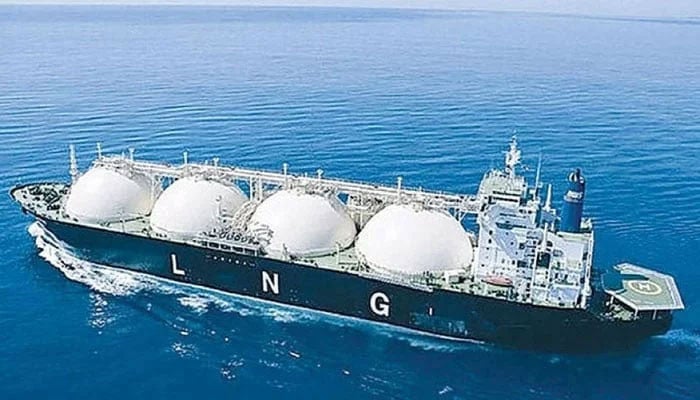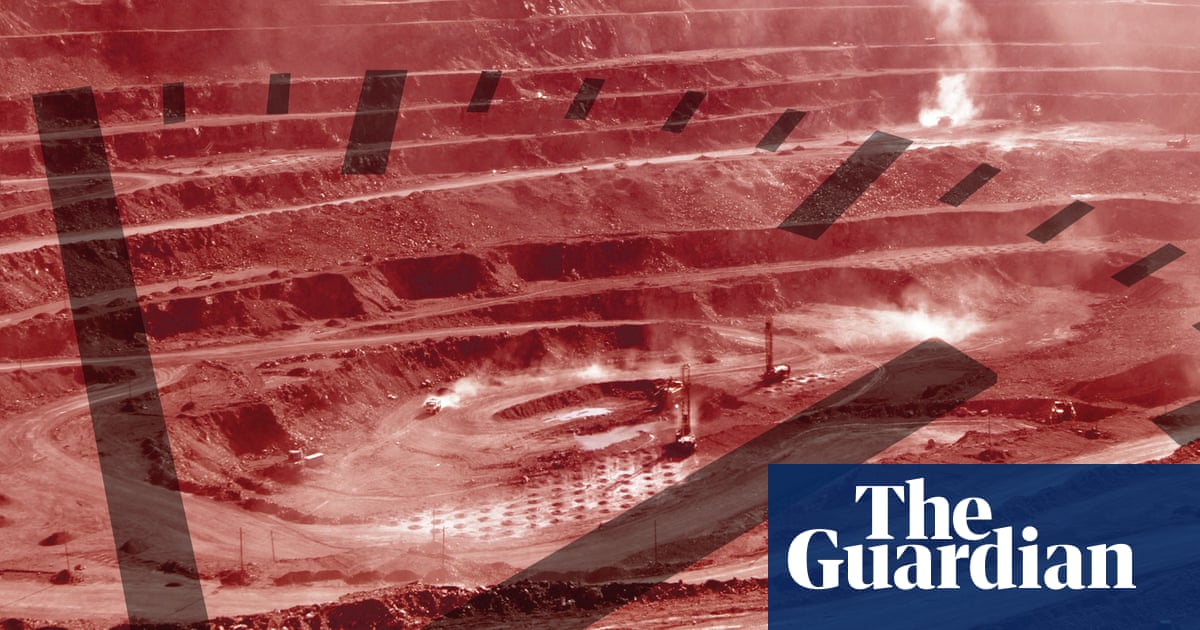China's Iron Ore Ban? A Battle for Control That Could Change Global Trade Forever!
What if a commercial dispute could shake the foundations of entire economies? That’s exactly what’s at stake in the high-stakes negotiations between BHP, Australia’s mining giant, and China Mineral Resources Group (CMRG), a major state-backed buyer. What started as a routine business discussion has turned into a tense standoff that could redefine not just the iron ore market, but global trade dynamics as we know them.
It all kicked off last month when Australian Prime Minister Anthony Albanese expressed concerns about reports suggesting China might block shipments of BHP iron ore amid a pricing stand-off. While both parties continue to keep their cards close to the chest, uncertainty looms over the current state of affairs. To the untrained eye, it might seem like just business as usual, but insiders believe this is anything but normal.
For decades, Australia has been a vital supplier of high-quality iron ore to China, fueling its massive construction boom while helping Australia rake in billions. However, the tides are shifting as China seeks more leverage over pricing, especially with its steelmakers facing tighter margins. Enter the CMRG, a newly formed entity aimed at strengthening China’s purchasing power, which is now taking a firm stand in negotiations with BHP.
Reports indicate that CMRG has ordered steelmakers to pause their purchases from BHP while navigating this complex negotiation. Analysts suggest that this could be a strategic move to force BHP into a more favorable position regarding pricing—a tactic that has sent ripples of concern through financial markets. There haven’t been any confirmed disruptions yet, with ships still transporting ore to China, but the threat alone has created a sense of unease.
To add to the drama, the negotiations have hinted towards a broader shift in global trade practices. BHP is reportedly being pressured to settle some trades in Renminbi (RMB), China’s currency, instead of the traditional US dollar. This could herald a significant shift in how resources are traded globally, potentially diminishing the dollar’s dominance. However, while China’s ambition to reclaim bargaining power is clear, experts warn that the path to such a reality is fraught with challenges.
As the negotiations continue, the stakes remain high. If BHP and CMRG cannot find common ground, both parties risk suffering significant financial impacts. For Australia, lower sales could bring uncertainty and worry to investors. For China, losing a reliable ore supplier could disrupt its steel production at a critical time.
In this unfolding saga, eyes are also on the upcoming meeting between Prime Minister Albanese and US President Donald Trump. Any hint of Australia supporting a shift away from the dollar could draw unwanted attention. As these complex negotiations progress, one thing is certain: the outcomes could reshape the very landscape of international resource politics.





























